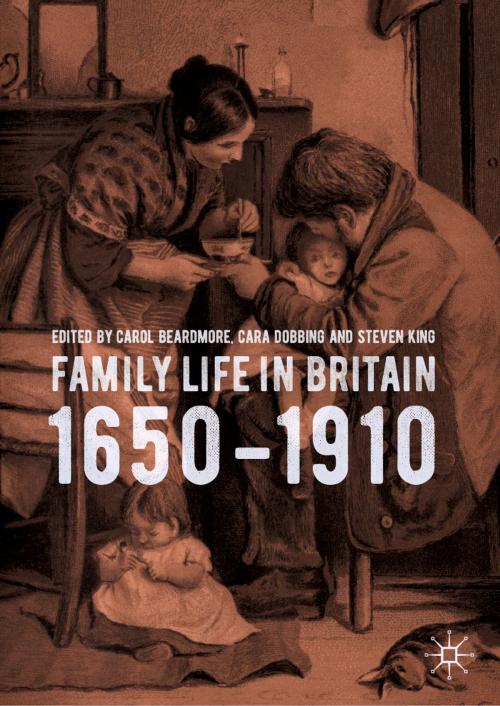| Author: | ISBN: | 9783030048556 | |
| Publisher: | Springer International Publishing | Publication: | April 3, 2019 |
| Imprint: | Palgrave Macmillan | Language: | English |
| Author: | |
| ISBN: | 9783030048556 |
| Publisher: | Springer International Publishing |
| Publication: | April 3, 2019 |
| Imprint: | Palgrave Macmillan |
| Language: | English |
This book explores the ways that families were formed and re-formed, and held together and fractured, in Britain from the sixteenth to twentieth century. The chapters build upon the argument, developed in the 1990s and 2000s, that the nuclear family form, the bedrock of understandings of the structure and function of family and kinship units, provides a wholly inadequate lens through which to view the British family. Instead the volume's contributors point to families and households with porous boundaries, an endless capacity to reconstitute themselves, and an essential fluidity to both the form of families, and the family and kinship relationships that stood in the background. This book offers a re-reading, and reconsideration of the existing pillars of family history in Britain. It examines areas such as: Scottish kinship patterns, work patterns of kin in Post Office families, stepfamily relations, the role of family in managing lunatic patients, and the fluidity associated with a range of professional families in the nineteenth century.
Chapter 8 of this book is available open access under a CC BY 4.0 license at link.springer.com
This book explores the ways that families were formed and re-formed, and held together and fractured, in Britain from the sixteenth to twentieth century. The chapters build upon the argument, developed in the 1990s and 2000s, that the nuclear family form, the bedrock of understandings of the structure and function of family and kinship units, provides a wholly inadequate lens through which to view the British family. Instead the volume's contributors point to families and households with porous boundaries, an endless capacity to reconstitute themselves, and an essential fluidity to both the form of families, and the family and kinship relationships that stood in the background. This book offers a re-reading, and reconsideration of the existing pillars of family history in Britain. It examines areas such as: Scottish kinship patterns, work patterns of kin in Post Office families, stepfamily relations, the role of family in managing lunatic patients, and the fluidity associated with a range of professional families in the nineteenth century.
Chapter 8 of this book is available open access under a CC BY 4.0 license at link.springer.com















